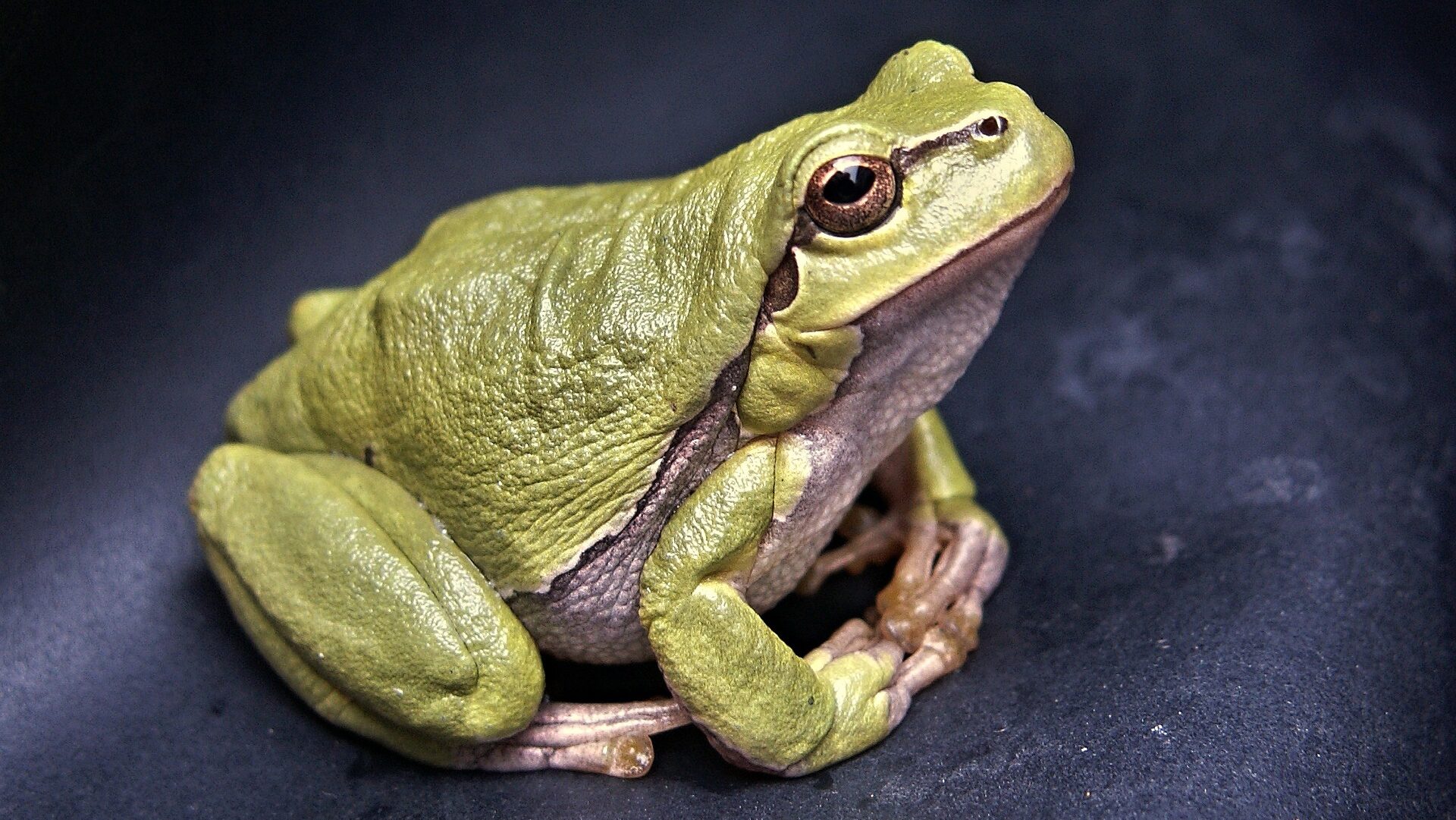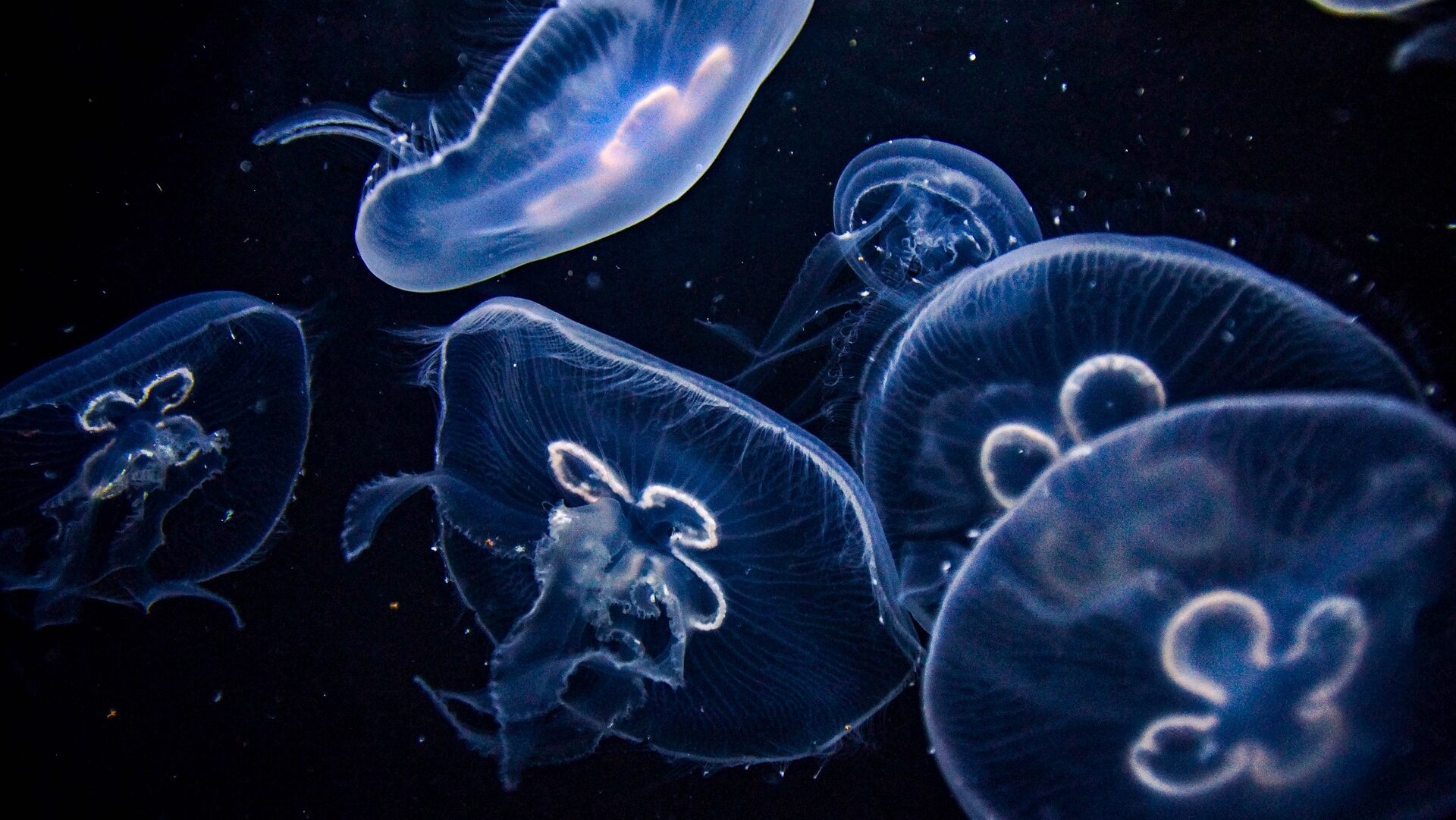Reading Time – 9 Minutes, Difficulty Level – 1/5
There’s something inherently intriguing about the Scandinavian world—long dark days, cold winters, and yet, a populace that thrives like no other. Numerous studies meticulously examine the well-being of Scandinavian countries compared to the global spectrum. These nations, including Denmark, Norway, Sweden, Finland, and Iceland, consistently secure high rankings in global assessments of well-being, happiness, and overall quality of life.
Rankings and Factors Contributing to Well-being
The World Happiness Report, an annual publication by the United Nations Sustainable Development Solutions Network, consistently ranks Scandinavian countries among the happiest nations globally. Factors contributing to their high rankings include robust social support systems, access to healthcare, strong educational opportunities, work-life balance, environmental quality, and a strong sense of community.
The OECD Better Life Index also highlights the well-being of Scandinavian nations. These countries frequently perform well in areas such as income, health, safety, and life satisfaction, reflecting comprehensive social welfare systems and equitable societies.
Specific Aspects of Well-being
Studies focusing on specific aspects of well-being have shown that Scandinavian countries prioritize mental health and happiness. Their emphasis on work-life balance, access to nature, high levels of trust in government and social institutions, and strong social connections contribute significantly to citizens’ overall well-being. However, Scandinavian countries continuously face challenges like seasonal affective disorder, especially during extended periods of dark winters. This condition can significantly affect mental health, which is why addressing it becomes a priority in these nations.
Relevance of Scandinavian Cultural Concepts
As we are diving right into the depths of the winter season, this might be a great time to look into Scandinavian cultural concepts that are particularly relevant. These timeless insights into resilience, community, and embracing the warmth of shared moments resonate deeply during the colder months, reminding us of the enduring human spirit and the comfort found in cultural traditions.
Cultural Concepts
NORWAY
Norway, a land of awe-inspiring natural beauty, cherishes “Friluftsliv,” a concept encapsulating an affinity for open-air living. It celebrates a deep connection with nature, urging Norwegians to explore the wilderness, ski on pristine snow, or relish peaceful walks in forests. This cultural emblem reflects Norway’s breathtaking landscapes and underscores the imperative of preserving them. Scientifically aligned with ecopsychology, studies showcase the psychological advantages of immersing oneself in natural settings, revealing reduced stress levels, enhanced mental well-being, and an overall improvement in quality of life.
Nature’s Impact on Mental Well-being: Studies have highlighted the psychological advantages of spending time in natural environments. These studies demonstrate that immersing oneself in nature can lead to reduced stress levels, improved mood, increased attention span, and enhanced overall mental well-being.
Biophilia Hypothesis and Human Connection with Nature: Scientific research has confirmed Edward O. Wilson’s hypothesis that suggests humans have an innate connection with nature. “Friluftsliv” aligns with this biophilia hypothesis by emphasizing the importance of fostering and nurturing this inherent bond with the natural world, which contributes positively to emotional and psychological health.
Effects of Wilderness Exploration on Stress Reduction: Studies confirm the therapeutic effects of wilderness experiences on stress reduction and mental health. Engaging in activities like skiing in pristine snow or peaceful walks in forests can reduce anxiety, alleviate depression symptoms, and promote relaxation, as supported by various empirical studies in ecopsychology.
Nature’s Influence on Quality of Life: Longitudinal research showcases how access to natural spaces and regular interactions with nature positively impact individuals’ quality of life over time. “Friluftsliv” encourages Norwegians to cherish and preserve natural landscapes, which contributes not only to their immediate well-being but also to their long-term quality of life.
Environmental Conservation and Personal Well-being: Ecopsychological studies emphasize the reciprocal relationship between environmental conservation and personal well-being. Engaging in activities aligned with “Friluftsliv” promotes a deeper connection with nature, fostering a sense of responsibility towards preserving the environment, which, in turn, positively impacts psychological health.
FINLAND
In Finland, “Sisu” embodies determination and resilience in the face of adversity. It epitomizes the Finnish spirit of perseverance, offering profound insights into mental strength and adaptability. Scientifically aligned with positive psychology, “Sisu” unveils the resilience strategies crucial for navigating life’s challenges.
Scientific research on resilience aligns closely with the core principles embodied by “sisu,” providing empirical evidence that supports its essence, such as:
Psychological Studies: Empirical studies in psychology have extensively explored resilience as a trait and a process. Researchers have identified specific characteristics and behaviors associated with resilience, such as optimism, perseverance, adaptability, and the ability to regulate emotions effectively. These align closely with the qualities encapsulated in the Finnish concept of “sisu.”
Neuroscientific Evidence: Neuroscientific research has shown that the brain can undergo structural and functional changes in response to experiences and behaviors. Studies indicate that practicing resilience-building techniques, such as mindfulness and cognitive restructuring, can lead to neuroplasticity, where the brain forms new connections and strengthens existing ones. This supports the idea that “sisu” can be cultivated and strengthened through intentional practices.
Stress Response and Hormonal Regulation: Resilient individuals often exhibit more effective stress responses and hormonal regulation. Scientific studies have highlighted that resilient people can manage stress more efficiently, leading to lower levels of cortisol (the stress hormone) and a quicker recovery from stressful situations. These physiological markers align with the ability to persevere and maintain composure in challenging circumstances, reflecting the resilience associated with “sisu.”
Longitudinal Studies: Long-term studies tracking individuals’ responses to adversity have shown that some people consistently demonstrate higher levels of resilience than others. These studies indicate that resilience is not solely determined by genetics but is also influenced by environmental factors and learned behaviors. This supports the idea that resilience, akin to “sisu,” can be cultivated and enhanced over time through specific strategies and experiences.
Intervention and Training Programs: Various interventions and resilience-training programs have been developed based on scientific research. These programs aim to enhance individuals’ resilience by teaching specific skills and mindsets. Some of these interventions include: Cognitive Behavior Therapy (CBT), Mindfulness-Based Stress Reduction (MBSR), and Eye-Movement Desensitization and Reprocessing (EMDR), and more. Evaluations of these interventions have demonstrated their effectiveness in improving resilience, further affirming the notion that resilience is a trainable attribute similar to the principles of “sisu.”
GREENLAND
National Clothing. Photo by Aningaaq R Carlsen – Visit Greenland
Greenland’s “Kaffemik” brings communities together through special gatherings, fostering a sense of togetherness and hospitality. This concept, rooted in celebrating life’s milestones, mirrors the importance of social connections. “Kaffemik” fosters togetherness and hospitality. Aligned with social psychology, it highlights the positive impact of communal ties on individual well-being.
Social Connectedness and Well-being: Studies in social psychology have consistently highlighted the significant impact of social connections on individual well-being. Strong social ties, community involvement, and support networks have been linked to better mental health, lower stress levels, and increased overall life satisfaction.
Community Gatherings and Social Capital: Research showcases how community gatherings, like “Kaffemik,” contribute to the development of social capital. These events create opportunities for bonding, sharing experiences, and building trust among community members, which, in turn, enhances individual and collective well-being.
ICELAND
Iceland’s volcanic landscapes are home to “Þetta reddast,” encapsulating a resilient spirit and adaptability in facing adversity. It symbolizes the Icelandic knack for staying optimistic amidst challenges. It’s hard to deny the Viking spirit that lives on in the Icelandic people. The concept of “Þetta reddast” embodies problem-solving and adaptability, aligning with disciplines like disaster management and environmental science.
Resilience in Disaster Management: Scientific research emphasizes the importance of resilience in disaster management. “Þetta reddast” reflects a resilient attitude, promoting problem-solving skills and adaptability crucial in preparing for and responding to disasters.
Adaptability in Environmental Science: Studies highlight the significance of adaptability in environmental science. “Þetta reddast” represents Iceland’s ability to navigate environmental challenges, such as volcanic activity. It aligns with environmental science by emphasizing the necessity of adapting to changing conditions and finding sustainable solutions in the face of natural disruptions.
Community Resilience and Positive Outlook: Studies have explored community resilience and its relationship with positive outlooks. “Þetta reddast” signifies a communal resilience, fostering a positive outlook amidst challenges within Icelandic communities, aligning with the importance of community cohesion and optimism in overcoming adversity.
DENMARK
Denmark’s “Hygge” celebrates coziness, comfort, and well-being, creating warm atmospheres through simple pleasures. Resonating with positive psychology, “hygge” emphasizes the significance of comfort and social connections in fostering happiness.
In recent years, the Danish concept of “hygge” has gained widespread popularity globally. This cultural phenomenon captured the imagination of people seeking comfort, coziness, and a sense of well-being in their lives. Emphasizing the art of creating a warm and inviting atmosphere, “hygge” has transcended its Danish origins to become a lifestyle trend embraced by people worldwide. Simple pleasures, like lighting candles, enjoying comfort food, and fostering connections with loved ones, resonates with many stressed individuals looking for moments of relaxation and contentment in today’s fast-paced world.
Comfort and Well-being in Positive Psychology: Positive psychology studies underscore the significance of comfort, well-being, and social connections in contributing to subjective happiness. These studies reinforce the psychological aspects emphasized by the concept of “hygge.”
Mindfulness and Enjoying Simple Pleasures: Scientific research correlates mindfulness practices with stress reduction and enhanced well-being. Although “hygge” doesn’t directly relate to mindfulness practices, its focus on enjoying simple pleasures like lighting candles or savoring comfort food echoes the principles of mindfulness and the appreciation of small joys.
Connection with Relaxation and Contentment: Psychological studies suggest that leisure activities contribute to positive emotions and well-being. The “hygge” emphasis on creating a warm, inviting atmosphere and fostering connections with loved ones aligns with the psychological benefits of leisure activities associated with relaxation and contentment.
SWEDEN
Sweden’s “Fika” tradition revolves around the art of taking coffee breaks to foster connections and relaxation. While less globally recognized, “Fika” underscores community values, balance, and a connection to nature, enriching Swedish culture. It encourages individuals to step away from daily routines, enjoy moments of relaxation, and appreciate the surroundings.
Relaxation and Well-being: “Fika” emphasizes the value of taking breaks, promoting relaxation, and enhancing overall well-being. Scientific studies suggest that brief breaks, like those taken during “Fika,” can positively impact cognitive performance, productivity, and stress reduction.
Social Rituals and Mental Health: Research on social rituals and mental health, like “Fika,” can contribute to psychological well-being by providing a sense of belonging, social support, and relaxation within a cultural context.
These concepts not only enriches our understanding of Nordic cultures but also enriches our own lives. The importance of nature, resilience, community, comfort, and human connections, are essential for surviving and thriving—universal values that transcend borders. These cultural concepts demonstrate wisdom inherent in Nordic societies, inviting us to learn, appreciate, and apply their insights in our own lives.


Although not a typical scientist, I adore languages, technology, space, literature, and history. BA Honors Degree in Anthropology and English. Daughter of a physicist/engineer and descendant of an esteemed astronomer ancestor (heliocentric model of the solar system, anyone?). I aim to make my own mark by promoting lifelong learning in all fields. A total dork for Star Trek, Star Wars, Indiana Jones, Outlander, Quantum Leap and anything Futuristic/Sci-Fi or Dystopian.








